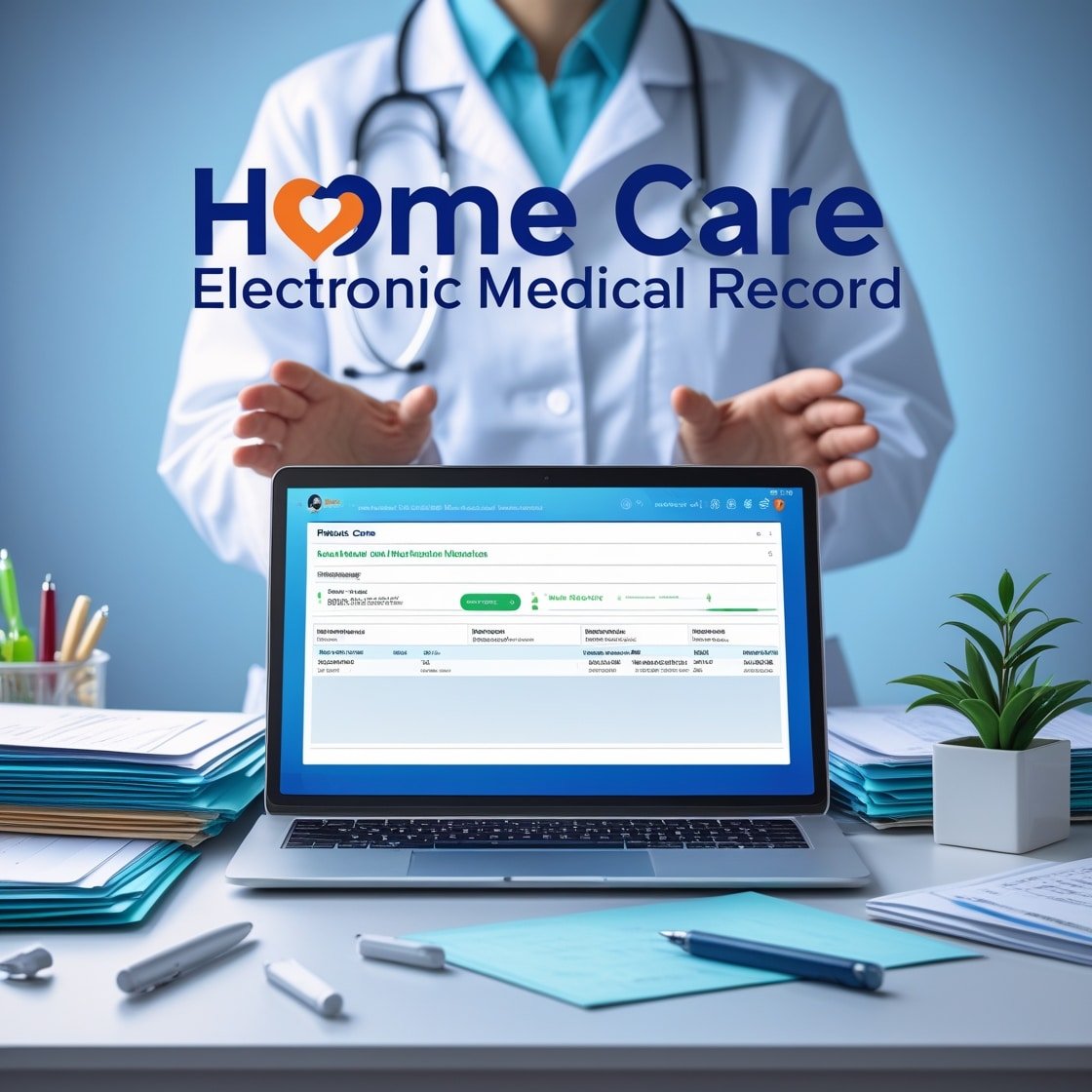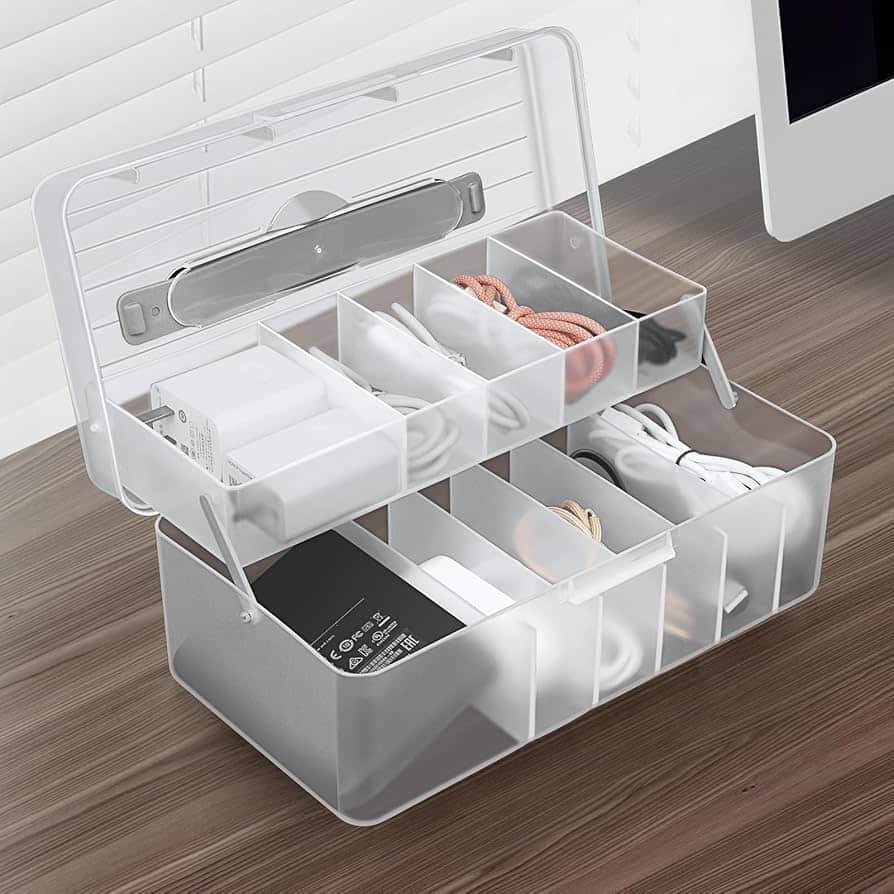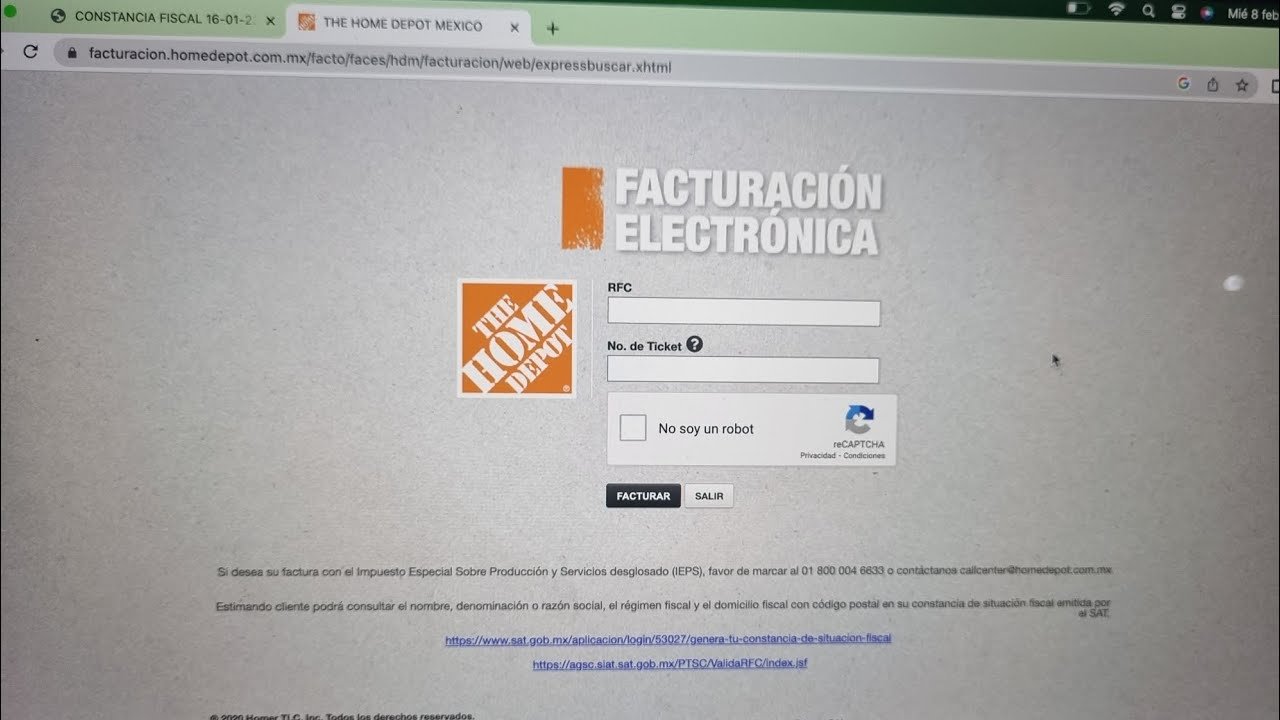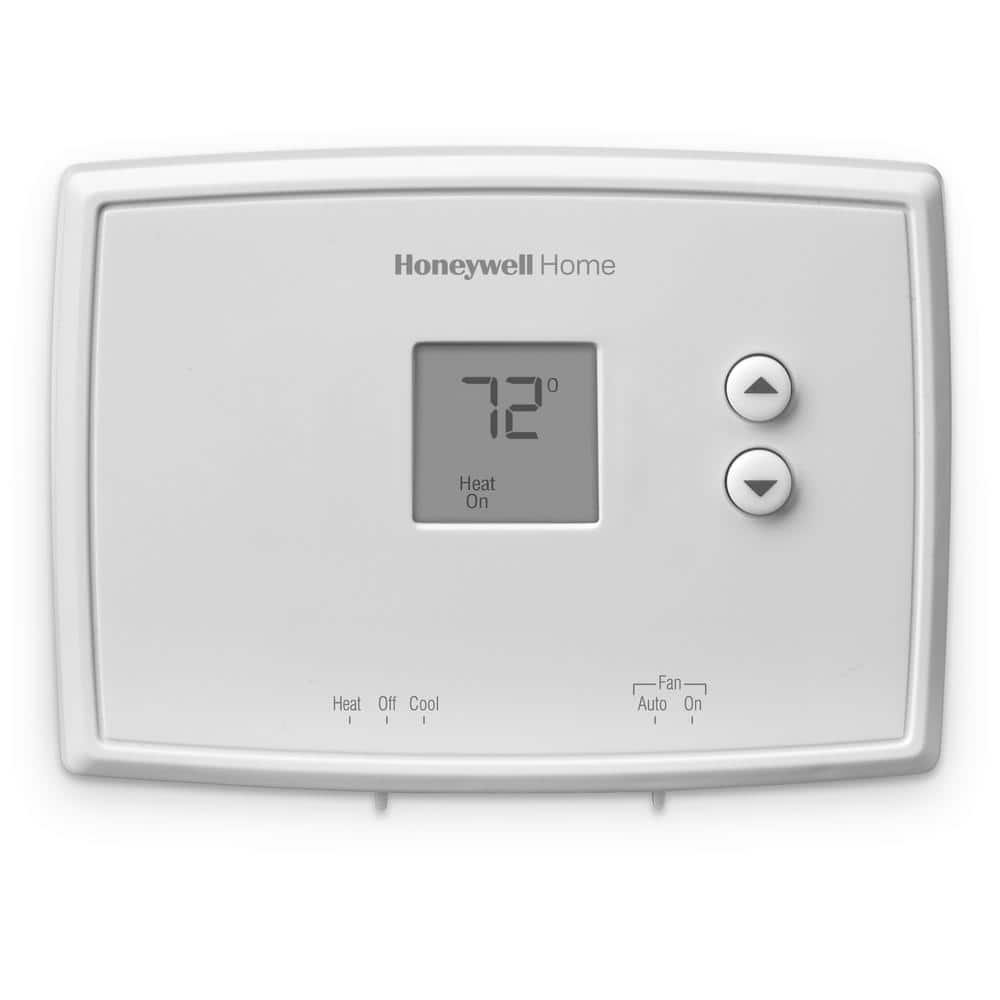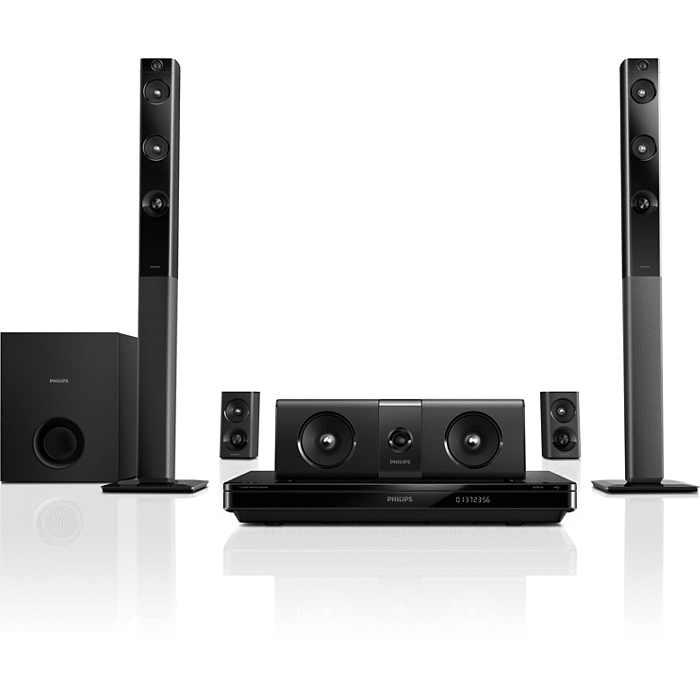Home Care Electronic Medical Records (EMRs) are transforming patient care. They simplify how health information is stored and accessed.
As the demand for home care services rises, efficient record-keeping becomes crucial. EMRs in home care settings offer a solution. They ensure accurate and quick access to patient data, enhancing care quality. The shift from paper to electronic records is significant.
It means better organization and less room for error. Home care providers can now update, share, and review medical data effortlessly. This digital approach supports coordinated care and improves patient outcomes. Understanding EMRs’ role in home care is essential for providers and patients alike. It highlights how technology benefits patient care and streamlines healthcare processes. Dive deeper to discover the advantages of adopting EMRs in home care settings.
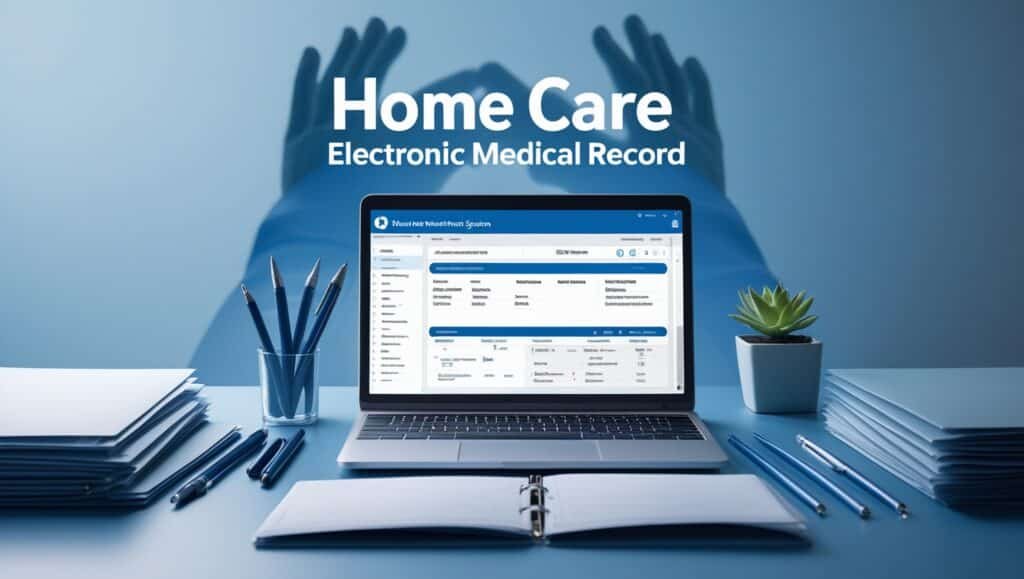
The Importance Of Home Care Emrs
Home Care Electronic Medical Records improve patient care by efficiently organizing health information. They simplify access to medical data, ensuring timely updates. Enhanced communication between caregivers results in better care coordination.
The digital transformation in healthcare is making waves in home care, especially with the advent of Electronic Medical Records (EMRs). Home care EMRs are not just about storing patient data; they are about transforming the way care is delivered to patients in the comfort of their homes. These systems streamline operations, reduce paperwork, and significantly improve patient outcomes. But why are they so crucial? Let’s dive into some key aspects.
Enhancing Patient Safety
Patient safety is a top priority in healthcare, and home care EMRs play a pivotal role. They minimize the risk of errors that can occur with traditional paper records. Think about medication mistakes – with EMRs, alerts can be set up for allergies or drug interactions, ensuring that patients receive the right medication at the right time.
Have you ever forgotten a key piece of information during a doctor’s visit? EMRs ensure that all pertinent information is at the caregiver’s fingertips. This reduces the chance of miscommunication, which is critical for patient safety. With real-time data access, caregivers can make informed decisions promptly.
Improving Care Coordination
Efficient care coordination is the backbone of successful home care. With EMRs, all members of the healthcare team are on the same page. This means less time is spent on phone calls and emails trying to update different parties.
Imagine a patient who sees multiple specialists. EMRs allow seamless sharing of health records among all caregivers. This ensures everyone involved is aware of the patient’s current condition and treatment plan. It leads to cohesive care, where each step is aligned with the overall health strategy for the patient.
How often have you been frustrated by repeating your medical history? EMRs eliminate this issue by providing a comprehensive, up-to-date medical history that travels with the patient. This not only saves time but also enhances the quality of care provided.
In conclusion, home care EMRs are essential for elevating patient care. They enhance safety by reducing errors, and improve coordination by keeping all caregivers informed and aligned. As we move towards a more digital world, the adoption of EMRs in home care will continue to grow, benefiting both patients and healthcare providers. Are you ready to embrace this change for a safer, more efficient home care experience?
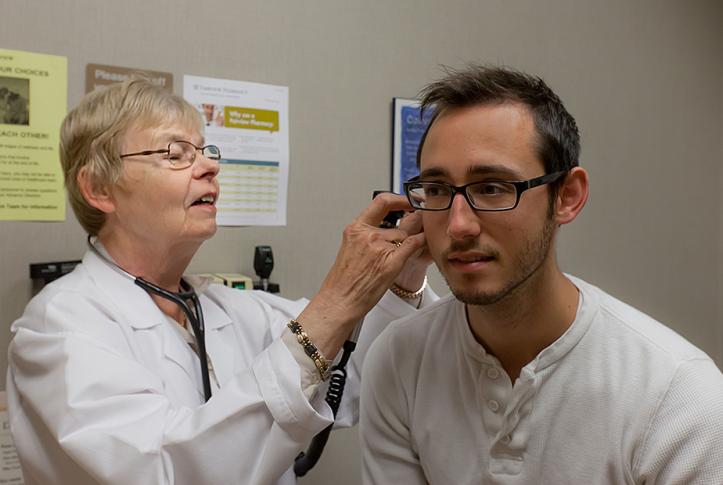
Credit: www.commonwealthfund.org
Key Features Of Home Care Emrs
Home Care Electronic Medical Records streamline patient management with user-friendly interfaces. They improve data accuracy and enable quick access to patient histories. Essential for enhancing communication between caregivers, these systems ensure efficient documentation and compliance with industry standards.
When choosing an Electronic Medical Record (EMR) system for home care, understanding its key features is crucial. These features not only streamline operations but also enhance the quality of care provided to patients. Let’s explore some essential features of Home Care EMRs that can make a significant difference in your practice.
Patient Data Management
Efficient patient data management lies at the heart of any good EMR system. Imagine having instant access to a patient’s medical history, medications, and allergies at your fingertips. This feature allows for seamless updates and ensures caregivers have the most current information, reducing errors and improving patient outcomes.
Think about the last time you had to sift through piles of paperwork to find a single piece of information. With EMRs, you can say goodbye to those days. Everything is digitized, organized, and easily retrievable, saving you time and reducing stress.
Scheduling And Workflow Automation
Scheduling and workflow automation features are game changers for home care providers. Have you ever double-booked appointments or struggled to keep track of staff availability? With automated scheduling, these issues become a thing of the past.
The system can automatically assign tasks, send reminders, and adjust schedules based on real-time data. This not only optimizes staff efficiency but also improves patient satisfaction by ensuring timely visits.
Automation also means less manual entry, which lowers the risk of human error. You can focus more on patient care and less on administrative tasks. Wouldn’t that be a welcome change in your daily routine?
Incorporating these features into your home care practice can transform how you manage patient information and streamline operations. What other features do you think would enhance the effectiveness of home care EMRs?
Benefits For Healthcare Providers
Home Care Electronic Medical Records (EMR) provide a host of benefits for healthcare providers. These digital systems streamline workflows, enhance patient care, and improve operational efficiency. Healthcare providers can manage patient data more effectively, ensuring accurate and timely information. Let’s explore the specific benefits these records offer.
Time Efficiency
EMRs save time. Healthcare providers can access patient information quickly. This eliminates the need to sift through piles of paper records. Immediate access to data helps in making swift decisions. Providers spend less time on administrative tasks. More time can be devoted to patient care.
Time efficiency leads to better patient outcomes. Providers can focus on treatment plans without delays. Quick access to medical history aids in accurate diagnosis. EMRs facilitate rapid communication between team members.
Reduced Paperwork
EMRs drastically reduce paperwork. Digital records replace cumbersome paper files. Providers no longer need to maintain physical storage. This reduces the risk of lost or damaged records.
Less paperwork means fewer errors. Manual data entry often leads to mistakes. EMRs automate this process, ensuring accuracy. Providers can easily update patient records in real-time. This keeps information current and reliable.
Reduced paperwork also means less clutter. Providers can maintain a clean and organized workspace. This enhances productivity and focus.

Credit: www.carevoyant.com
Impact On Patient Experience
Home Care Electronic Medical Records (EMRs) are transforming patient experiences. These systems streamline care and enhance communication. Patients receive better support and personalized attention. They ensure safety and improve overall satisfaction. Let’s explore their impact on patient experience.
Personalized Care Plans
EMRs allow caregivers to tailor care plans. These systems store detailed patient information. They track health history and preferences. Caregivers can create customized plans for each patient. This approach ensures patients receive the most suitable care. It enhances comfort and promotes recovery.
Real-time Communication
Real-time communication is crucial in home care. EMRs facilitate instant updates and alerts. Caregivers can share information quickly. Patients and families can access updates anytime. This transparency builds trust and reduces anxiety. It ensures everyone stays informed and involved.
Challenges In Implementing Emrs
Implementing Electronic Medical Records (EMRs) in home care brings challenges. These systems promise efficiency and streamlined processes. Yet, many organizations face hurdles during implementation. Understanding these challenges is crucial for successful adoption. Let’s explore some of the main challenges.
Cost Considerations
EMRs require significant financial investment. Initial costs can include software purchase and installation. Maintenance and upgrades add to ongoing expenses. Many home care providers operate on tight budgets. This makes high costs a major barrier. Cost-effective solutions become essential for smaller agencies.
Training And Adoption
Staff training is vital for EMR success. Employees must learn new systems and processes. This requires time and resources. Resistance to change is another obstacle. Some staff members prefer familiar methods. Overcoming this resistance demands effective training programs. Engaging training materials can ease the transition. Encouraging staff buy-in is key to successful adoption.
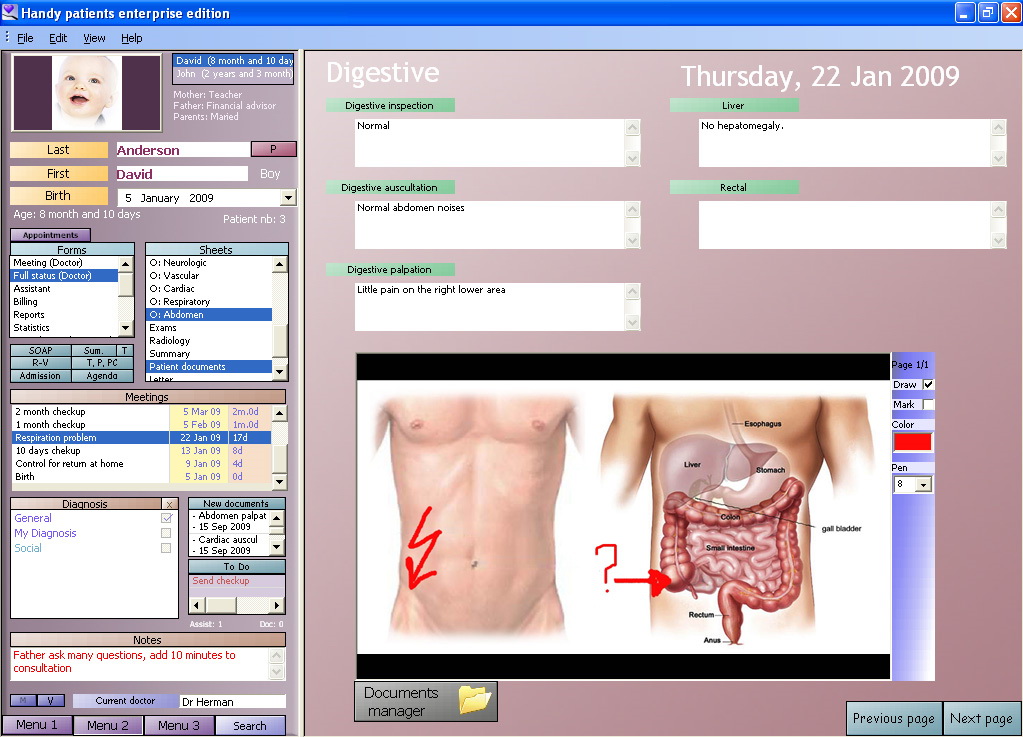
Credit: en.wikipedia.org
Selecting The Right Emr System
Choosing the right Electronic Medical Records (EMR) system for home care is crucial. It’s not just about keeping track of patient data; it’s about ensuring seamless operations and enhanced care. The wrong system can lead to inefficiencies and frustrations. So, what should you look for in an EMR system to make the best choice for your home care service?
Scalability And Customization
Your home care business might start small, but what happens when it grows? An EMR system needs to scale with your business. Look for systems that allow you to add more users and patients easily. Scalability ensures that your system won’t become obsolete as your needs expand.
Customization is equally important. Every home care service operates differently, with unique processes and requirements. A one-size-fits-all approach might not suit your style. Opt for an EMR system that lets you tailor its features to match your specific workflow. This flexibility can save you time and improve efficiency.
Integration With Existing Systems
You’ve already invested in certain systems. The idea of scrapping them might be daunting. That’s why integration is key. Choose an EMR system that works well with your current software, whether it’s billing systems or scheduling tools. Seamless integration minimizes disruption and maintains continuity in your operations.
Consider the frustration of manually entering data from one system to another. An EMR that integrates smoothly can eliminate this hassle. Think about how much time and effort you’d save by automating these processes. It’s not just about convenience; it’s about enhancing the quality of care you provide.
Selecting the right EMR system involves thoughtful consideration. How can you ensure that your choice will support your home care service today and in the future? These aspects can guide you towards a decision that benefits your staff, your patients, and ultimately, your business.
Future Trends In Home Care Emrs
As technology advances, home care Electronic Medical Records (EMRs) are rapidly evolving to meet the needs of patients and caregivers. These changes are not just about making processes more efficient; they are about transforming how care is delivered. Imagine a future where your health data is not just stored but actively used to improve your care. Let’s dive into the emerging trends in home care EMRs that are shaping this future.
Ai And Predictive Analytics
Artificial Intelligence (AI) in home care EMRs is more than just smart algorithms. It’s about predicting health issues before they occur. AI can analyze patterns in your medical records to foresee potential problems. This means you could have early warnings about health risks, allowing you to take preventive actions.
Predictive analytics can change your care routine. It provides insights that help caregivers tailor their approach to your unique needs. Think of it as having a health assistant that anticipates what you need next. Wouldn’t you want your healthcare to be proactive rather than reactive?
Telehealth Integration
Telehealth is becoming an integral part of home care EMRs. It allows you to connect with healthcare providers without leaving your home. Imagine having a virtual visit with your doctor through your EMR system. This integration offers convenience and timely access to medical advice.
With telehealth, your medical records are right there during your appointment. This means your doctor can make informed decisions instantly. It’s like having your health history in the room with you, enhancing the quality of your care. How could this change your experience with healthcare?
The future of home care EMRs is exciting and full of possibilities. As these trends develop, they promise to create a healthcare experience that is more personalized and efficient. What aspects of these trends resonate with you the most? Share your thoughts and let’s envision a future where technology empowers your health journey.
Case Studies Of Successful Implementation
Home care agencies succeed with electronic medical records by improving patient care and enhancing operational efficiency. These digital systems streamline communication, making it easier for caregivers to access patient information quickly. Enhanced data accuracy leads to better decision-making and compliance with healthcare standards.
Case Studies of Successful Implementation
Implementing Home Care Electronic Medical Records (EMRs) can transform the way care is delivered, enhancing efficiency and patient satisfaction. While the idea of shifting to digital records can seem daunting, many providers have successfully made the transition. Learning from their experiences can offer valuable insights for your own implementation journey.
Small Scale Providers
Small-scale providers often face unique challenges with limited budgets and resources. However, one small clinic in rural Ohio embraced EMRs by starting small and gradually expanding its capabilities. They initially used a basic system for scheduling and slowly integrated more features as the staff became comfortable.
The transition allowed them to reduce paperwork and spend more time with patients. Imagine the impact on your practice if your team could focus more on care than on managing paper records. Could starting small be the key to your success?
Large Scale Networks
Large-scale networks have their own complexities, often requiring integration across multiple sites. A notable example is a healthcare network in California that successfully implemented EMRs across 20 locations. They achieved this by establishing a dedicated team to manage the transition and provide continuous training to staff.
This strategic move ensured a smooth adoption and minimized disruptions. They reported a significant improvement in data accuracy and patient outcomes. Consider how a structured approach and continuous support might benefit your organization. Are you ready to embrace the challenge of a network-wide EMR implementation?
Examining these case studies, you can see that both small and large providers have found success by adapting the EMR transition to their specific needs. Whether you’re running a small clinic or a large network, the key is to start with a clear plan and provide ongoing support to your team. How will you tailor these insights to your own situation?
Frequently Asked Questions
What Are Electronic Medical Records In Home Health?
Electronic medical records in home health digitally store patient information. They improve care coordination, accuracy, and accessibility. Clinicians can easily track patient history, treatments, and progress. These records enhance communication among healthcare providers. EMRs also ensure compliance with regulations and support efficient billing processes.
They ultimately lead to better patient outcomes.
How Much Does Emr Cost For Home Health?
EMR costs for home health vary widely, ranging from $100 to $500 per user monthly. Pricing depends on features, support, and the provider. Evaluate different options to find the best fit for your needs.
What Is The Law For Electronic Medical Records?
The Health Insurance Portability and Accountability Act (HIPAA) regulates electronic medical records. HIPAA ensures privacy and security of patients’ health information. Healthcare providers must comply with these standards to protect data. Violations can lead to penalties. HIPAA promotes safe electronic data exchange between authorized entities.
How Do I Get My Medical Records Electronically?
Request your medical records electronically through your healthcare provider’s patient portal or app. Fill out necessary forms and verify your identity. Check if your provider offers email delivery or secure online access. Contact your provider’s office for detailed instructions and assistance.
Conclusion
Home care electronic medical records simplify patient data management. They ensure information is accessible and organized. This system boosts efficiency for caregivers. It also helps in delivering better patient care. Time saved on paperwork allows focus on patient needs. Technology supports quick updates and communication.
Privacy and security of patient data are prioritized. These records benefit both caregivers and patients. Implementing this system is a smart choice for modern healthcare. It’s a step towards improved healthcare services. Consider integrating electronic medical records in your practice.
The future of home care is digital and efficient.

